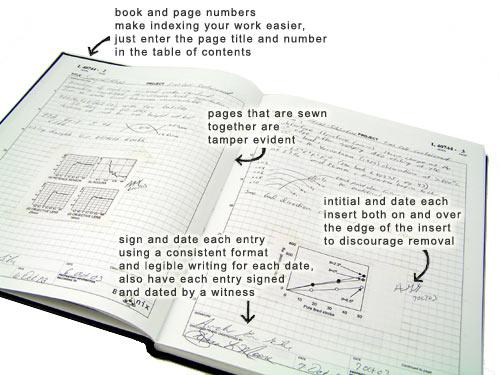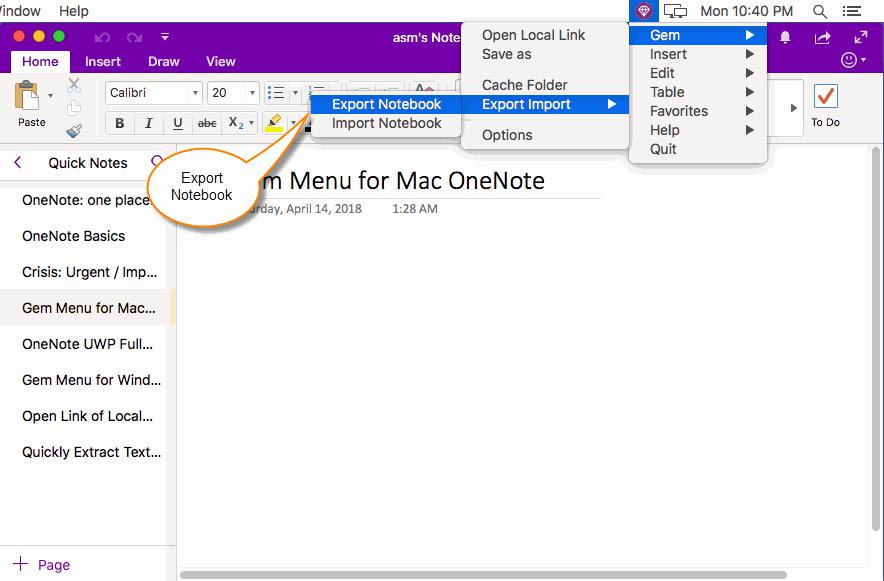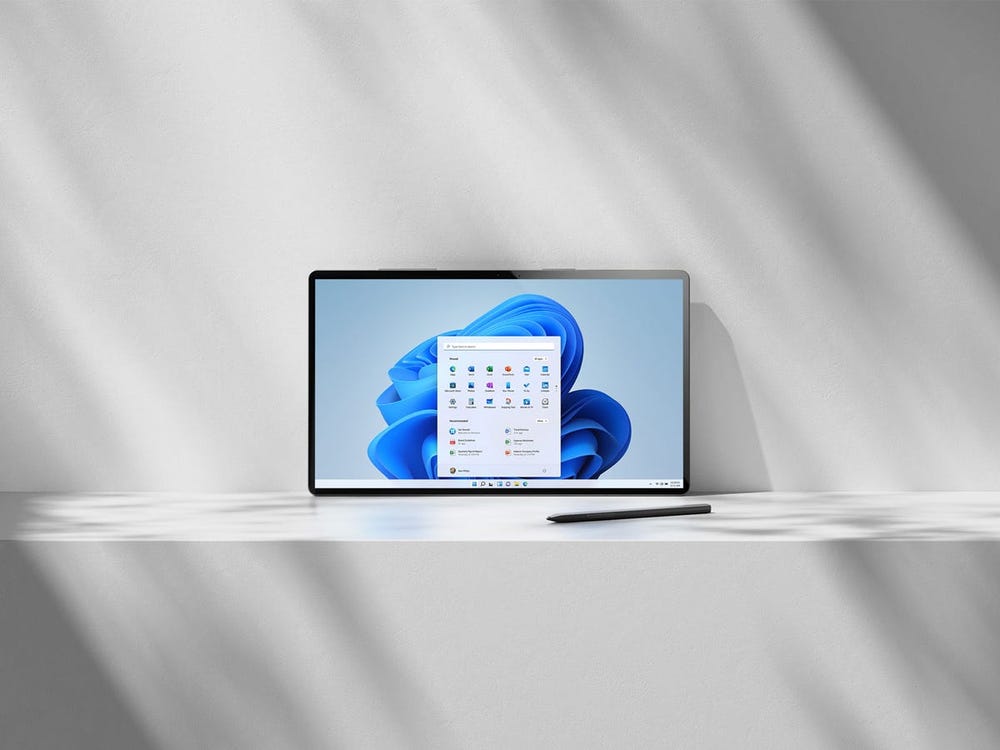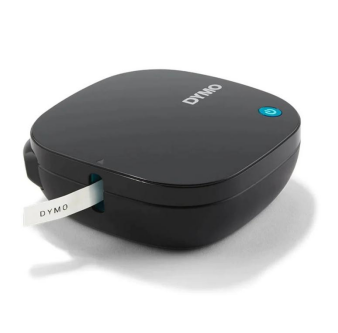5 good reasons to need a lab notebook
Research is the backbone of all scientific work. That research involves gathering lots of data. All the data collected during research needs to be stored somewhere. The best way to store that data is by recording it in a laboratory notebook. Such notebooks are especially popular in the U.S., China, and Japan where laboratories are widespread. In fact, these three countries account for half of the world’s total paper production.
A lab notebook is the primary working document in any experiment or research. All hypotheses, calculations, data, experimental setups, and early analyses are first recorded in lab notebooks before being transferred elsewhere. Doing so is beneficial for many reasons, including providing proof that you went through the required processes to complete the work.
If you don’t have the habit of saving scientific lab notebooks, then you should start using the following five main reasons.
1. Lab notebooks can help you keep track of your work
The biggest reason to keep a well maintained lab notebook is that it gives you a record of the progress of the experiments you conduct. You can easily access your ideas any time you want to. As long as you carefully record all the steps of your experiments and the results you discover, you can always pick up from where you left after taking a break. The notebook also helps you double check your work before you move on to an important step.
2. A Notebook Allows You to Record Future Tasks
Recording ideas of the experiments you want to do in the future is just as important as keeping a record of work you’re doing or have already completed. Life in the laboratory can get hectic, and trying to keep the ideas you have using your head may not be effective. Instead of risking forgetting the ideas you have, it’s best to record them in your
notebook

.
3. A Lab Notebook Keeps You Organized
Many scientists plan out their laboratory tasks in advance. The more far-reaching and detailed your plans are laid-out, the less time you’ll need to spend trying to figure out what to do next when your current scientific project is done. When it comes to keeping your future schedule, there’s no better way to do it than by recording it in your trusty notebook.
4. Your Notebook Helps You Keep Track Of Your Partners
Some complicated science experiments involve a group of people working in tandem. That means there may be certain portions of the experiment that you’ll have no responsibility for. Working in a group can make everything easier for everyone. However, it can also mean additional stress in case a member of the group does a mistake.
So how do you minimize the chances of anything going wrong? Well, an ideal way is to make sure that you double check each other’s records as often as possible. Keep a record of the work of your teammates in your notebook. Every once in a while, you and your teammates can review each other’s records and provide feedback.
5. Our Notebook Can Help You Get a Patent
Hopefully, your laboratory work will lead to a new discovery that you may want to patent. In order to protect your intellectual property, you’ll need to go through the patent process where you’re required to provide a record of your work, the process you followed, and the schedule you performed all your experiments on. That’s where your notebook comes in. In case another scientist tries to patent your discovery, you can keep it from happening by providing proof of your work.
Whether you are working in a scientific laboratory for the first time or are performing your hundredth experiment, you need a research notebook to keep data. Not only does such a notebook keep you organized during your current research, it also provides a place for recording ideas you may want to explore in the future. And, ultimately when your work is completed, the same notebook may just be the most important tool for helping you protect your intellectual property.








